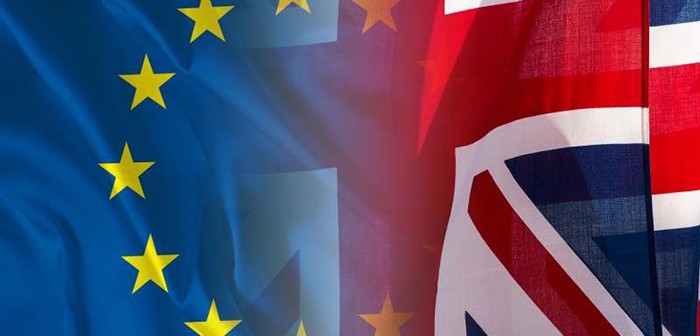The UK decision to exit from the EU has created unprecedented challenges for the animal health sector. Since the referendum vote, NOAH members have been working hard alongside the veterinary profession and others to understand the implications of Brexit and to safeguard the supply of medicines to protect the health and welfare of our farm animals and pets.
Animal health companies have been carrying out extensive Brexit contingency planning since the referendum decision, covering all aspects of their supply chains, from regulatory compliance and stocking levels to logistics and customs.
The production of veterinary medicines and supply to the UK market is totally dependent on complex supply chains that must continue to function effectively. These supply chains will span the new UK EU border post Brexit. Raw materials will need to arrive at manufacturing sites and veterinary medicines will need to be transported across this border to meet market requirements. Any border delays, complex processes or increased costs will risk medicines availability in the UK.
With this in mind, we are working closely with government departments to ensure that supply chain measures are in place to address our sector’s complex needs and priorities. Protecting the supply of essential veterinary medicines post EU Exit is a recognised priority for both industry and government.
The result of this comprehensive planning and resource management is that contingency inventory and procurement forecasts have been considered very carefully. Much work has been done with the objective of ensuring fair and appropriate distribution of this inventory to ensure that disruption in supply is avoided.
While the precise detail of shipping and logistics routes for animal health products is being developed in case of a ‘no deal’ Brexit, the groundwork has been done: forecasts have been made and the supply chain is ready to act.
The key priority is to ensure a reliable and predictable supply of vital veterinary medicines for our pets and livestock to maintain health and welfare standards, and to help in the secure provision of food from UK farms.


